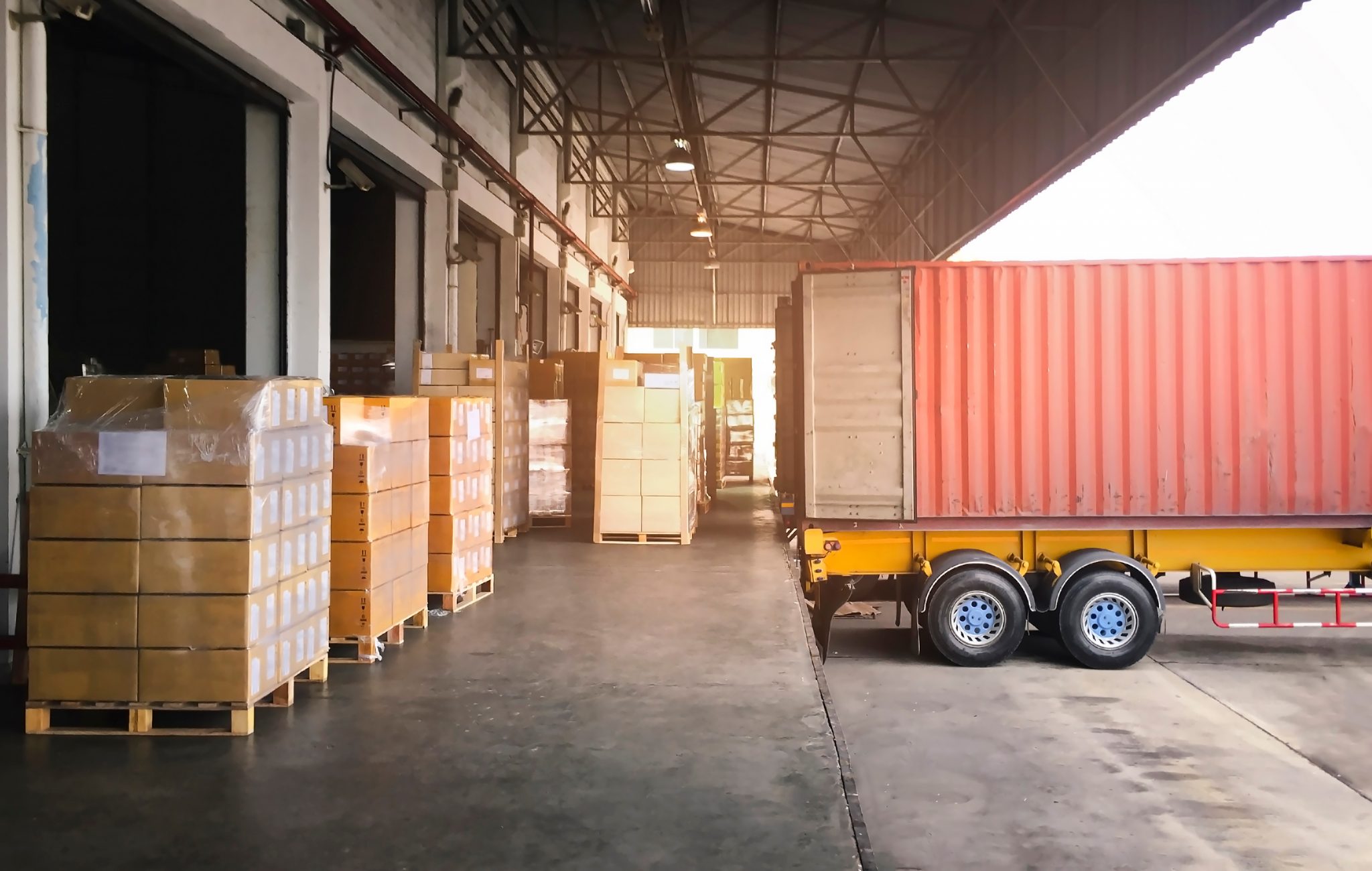From Marine Insight:
Ocean carriers have reportedly been canceling dozens of sailings on the busiest routes during their peak season, the most recent sign of the economic whiplash touching firms as inflation weighs on global trade and consumer spending.
The cancellations in October 2022 are a sharp reversal from a few months back when the scarce shipping space pushed the freight rates higher and the carriers’ profits touched record levels. In October 2021, firms like Walmart and Home Depot were chartering their ships to get around the bottlenecks at major ports to satisfy a surge in demand for imports.
Trans-Pacific shipping rates have plummeted about 75% from levels observed a year ago. The transportation industry has been grappling with weaker demands as giant retailers cancel orders with vendors and step up their efforts to cut inventories.
FedEx Corp. recently mentioned that it’d cancel flights and park its cargo planes owing to a sharp drop in the shipping volumes.
Nike Inc., on Thursday, mentioned that it had been sitting on 65% more inventories in North America than observed a year earlier and would be resorting to markdowns.
The erosion in the worldwide economic conditions from the war in Ukraine to factory shutdowns in China has dealt heavy blows to trade activities. The International Monetary Fund has cut its forecast for global growth in GDP several times in 2022.
Consumer prices have been rising at the fastest rates in years in the US, nations in Europe, and other parts of the world.
One response to the melting demand has been to reduce sailing trips. In September, container capacity offered by ship operators based in the Pacific was down 13%, dropping the equivalent of 21 ships that can make each move about 8,000 containers within a single voyage, from a year earlier, per reputed shipping data providers Sea-Intelligence and Xeneta.
For the two weeks starting on 3 October, a total of about 40 scheduled sailings to the US West Coast from Asia and 21 sailings to the East Coast from Asia have been scrapped, per the data firms and customer advisories viewed by The Wall Street Journal. Typically, during this time of the year, an average of two to four sailings in a week is blanked, the industrial term for cancelled sailings.
Carriers also are cancelling trips along Asia-to-Europe channels, the data providers mentioned. During the first week of October, one-third of the previously announced capacity will be blanked. For the second week, it’ll be almost half, said Peter Sand, the chief analyst at Xeneta.
The pace of downturn in the recent weeks has been fast, and it appears that carriers misread and misunderstood the low volumes of a peak season that is nonexistent. Early fall and late summer are the busiest times for the most significant pages, as retailers and importers build inventories ahead of the holiday shopping season.
Some carriers have been reluctant to share information on cancelled sailings to prevent showing competitors what has been happening in their network. Voyages can be scrapped due to port congestion, scheduling issues, or falling demands.
According to government data, consumer spending, especially on bulky items such as appliances and furniture imported into the US, has cooled over recent months. These items were in rising demand earlier in the pandemic as people from America spent more time renovating their homes.
A flotilla of new container vessels is expected to add capacity in the next two years, indicating that freight rates might be under further pressure as more vessel space becomes available.
According to a shipping adviser dubbed Braemar PLC, ocean container capacity may increase by 4% in 2022 and rise by 8.8% in 2023 and 9.7% by 2024. From early 2020, 1,056 vessels that can move almost eight million boxes had been ordered, compared to 688 ships collected between 2015 and 2019 carrying nearly five million boxes.
Overcapacity pushes operators to undercut one another, putting pressure on freight rates. Boxship operators have fought deep losses for almost a decade, starting from 2008, prompting the consolidation of the maritime industry. The world’s top six ocean-freight carriers reportedly move over 70% of containers worldwide.
Freight rates levied on crucial shipping routes have remained above the pre-pandemic levels, and the most significant operators have had cash aplenty to weather an economic downturn. The costs the carriers have been encountering are also on the rise. The prices of bunker fuel, which have cooled since hitting records this summer, are above the late 2019 levels. Port operators charge more for the vessels to dock, passing along higher energy prices to the carriers.
Source: https://www.marineinsight.com/shipping-news/cargo-ship-owners-need-to-cancel-sailings-as-worldwide-trade-flips-from-backlogs-to-empty-containers/



